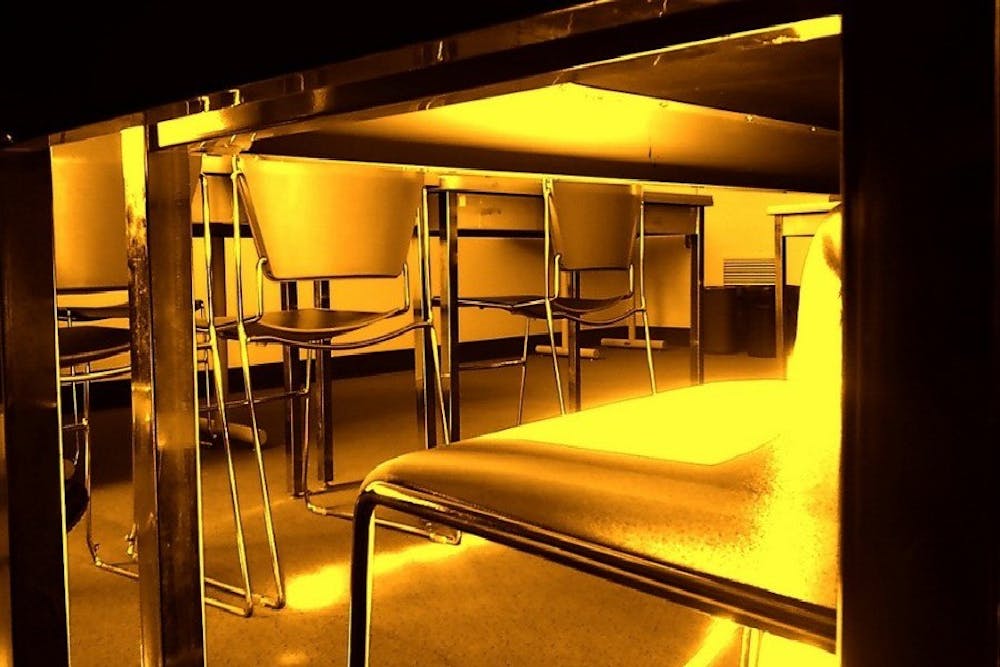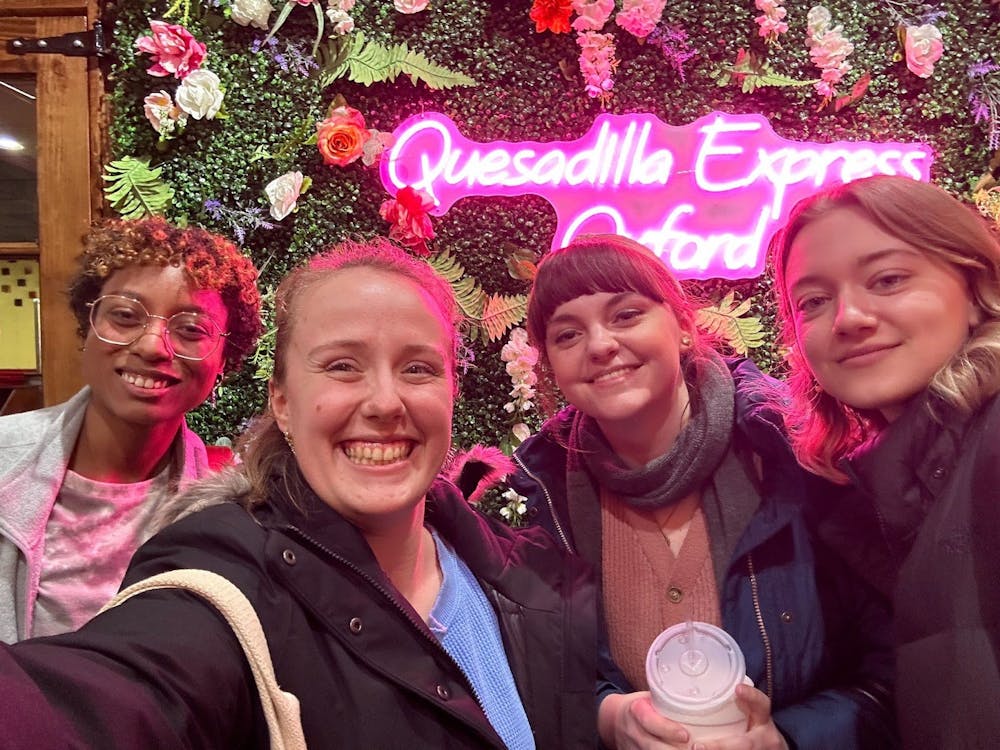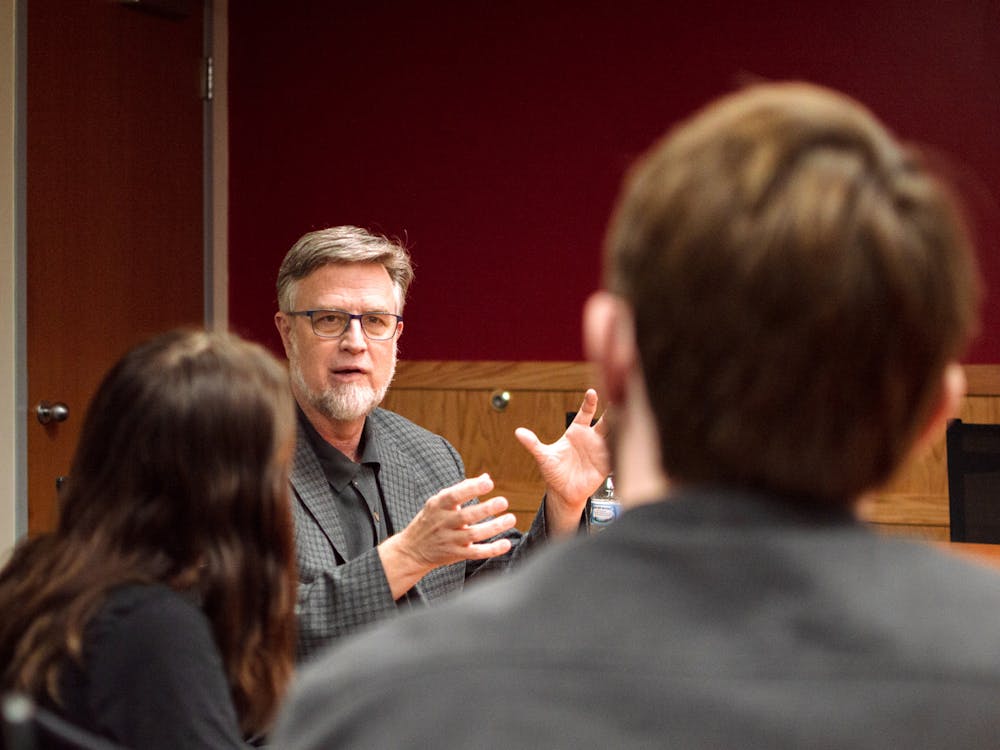By Sammy Neiswander, For The Miami Student
Miami is offering more hybrid and online classes every year. Students in hybrid classes meet both in a classroom setting and online, while online classes usually never meet in person.
Many hybrid and online classes set specific dates for students to meet together using webcams.
Professor of media and culture Bill Brewer teaches online classes. He said he prefers this style as opposed to classes that simply assign work on their days off. He has found the resulting assignments give way to self-paced classes.
First-year Jaden Northcutt enjoys the ability to work at her own pace.
"I have more time to finish my work," she said. "I have more freedom in how much time I decide to dedicate to the class."
Northcutt is in a hybrid anthropology class that meets in-person on Mondays and Fridays, but on Wednesdays her professor assigns videos to watch.
This year was the first time first-year Ashley Shaffner took a hybrid class as well. Her educational psychology class, taught by David Adams, meets in the classroom on Wednesdays and every third Friday, mostly to take online tests and work on group projects. On the other Fridays, she is assigned to work from home.
"Everything is spaced out a lot more and we don't always have work due on the days we're supposed to meet," she said. "Sometimes it's due on a Sunday or a Monday, so it gives us more time to work on it and seems like less work overall."
Journalism professor James Tobin said he finds similar benefits from teaching hybrid classes over the past four years.
The hybrid format allows him to commute from Michigan, where he lives, only once or twice a week and teach from home on the other days.
However, hybrid classes can still be problematic and many feel they lose immediacy and the personal feel of a traditional class.
Enjoy what you're reading?
Signup for our newsletter
"Something is lost when you're communicating electronically, even via Skype or WebEx," Tobin said. "It's less of a conversation and more a matter of me talking at students. It works okay, it's just not as good as being together in the same room."
Tobin's main concern with hybrid classes is whether students are learning as much - a concern that junior Tola Adedpipe voiced as well.
"I feel as if I learn better in [traditional classes]," Adedpipe, who is in an anthropology hybrid class, said. "It's easier for me to build social connections with my peers in a classroom environment rather than a hybrid."
Shaffner agreed, and also admitted that she learned more in traditional classes.
"[They're] what I'm used to," she said. "But I wouldn't be opposed to having more hybrid classes in my future so I'm not stuck in a classroom all the time."




